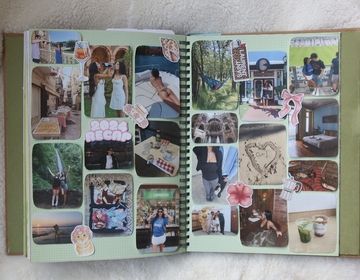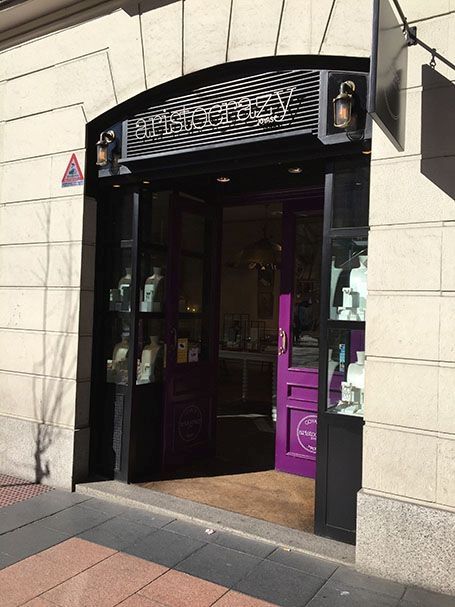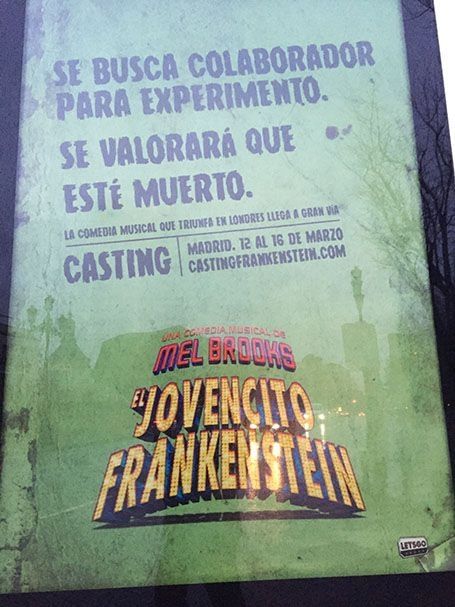Spain-glish
For this week’s post I’m just going to briefly touch on something I’ve been thinking about for a while here: the omnipresence of English. No, no, I don’t mean tourists or expats speaking in English. I mean the integration of the language into daily Spanish life. Every week I pass yet another advertisement or sign of some sort that uses English.
What strikes me the most is the fact that the opposite does not seem to occur in New York. In some neighborhoods it does. For example, in Washington Heights there are ads translated into Spanish because the predominant community there speaks Spanish. One of my favorites is a New York Lottery ad at a bus stop that I cannot find a picture of, unfortunately.
But what’s different is that these ads exist in English and are translated to specifically target Spanish-speaking communities. Here, neighborhood differences don’t seem to determine whether or not there’s an ad in English or with an English word. Check out how in this ad for an upcoming production of Young Frankenstein the whole thing is in Spanish except for that word “casting” thrown in there. It’s located near the Royal Palace.
This use of English is the kind that has a match in the States. One widespread use of Spanish in the U.S. is Rafael Nadal’s Nike/clothing line. “Vamos, Rafa” is on hats, t-shirts, etc. But here, “Ready?” is at the bottom of advertisements for major internet-provider and phone network Vodafone. These ads extend beyond the city of Madrid into the outer-cities of the province of Madrid. They are on billboards and bus stops.
So many English words have been adopted into Spanish, and this brings me to the next major area of English-incorporation: speaking. Often you can hear native Spanish-speakers refer to “un show” or “un text” or “un email,” “un brunch,” etc. Sometimes English words have been translated into a similar Spanish version. “To troll” is trolear, “to Google” is googlear, but often one will hear English words as they are.
Moral of the story? I’m not quite sure. The dominance of English sparks a lot of thought. I’m fascinated when I witness two people from different European countries here communicating in English; it’s the go-to, default language. It’s clear that I’m lucky to have it as my native tongue. Funny, though, how I wish I had experienced Spanish from a young age the way people here experience English.
Related Posts

How to Get a Spanish Library Card in Madrid (From an Aux Who Has One)
Looking to read more books in Spanish to improve your fluency? Check out this post for an explanation on how to get a Spanish library card in Madrid as an aux.

A Weekend Guide to Riga, Latvia
After living in Latvia for a few months when I studied abroad, I've become something of a Latvia devotee. It's been three years since I moved away and still won't shut up about how good of a time I had there, so this is me just trying to share the wealth.

Coping With Being Abroad During Big Events And Holidays
Being abroad for an extended period can be emotionally challenging, especially when distance creates guilt around missing major moments back home. This post explores practical and emotional ways to stay connected with loved ones, from managing time zone differences to sharing traditions abroad. Through journaling and reflection, this experience, both the highs and lows, can become a meaningful chapter rather than something to simply endure.


